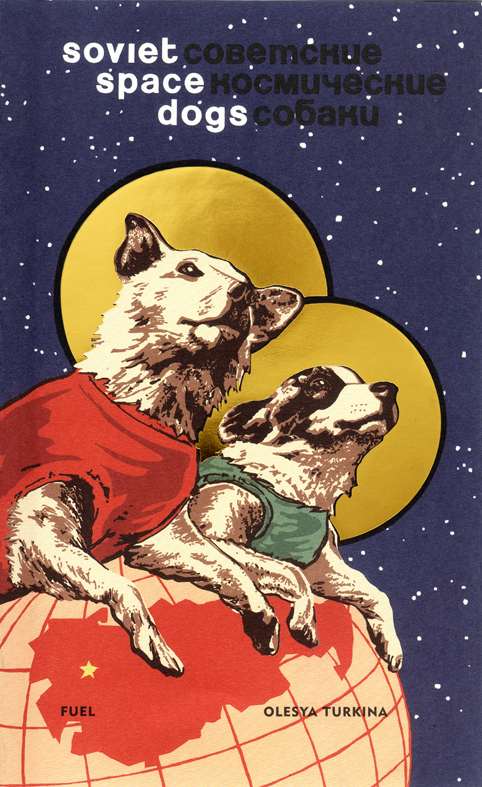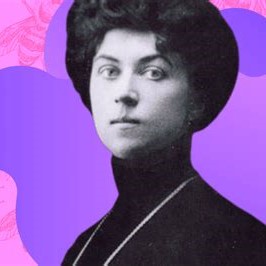Today was discussion day, for both my early Europe and modern Europe classes. This is a coincidence but, damn, I got double tapped (I hope to god that’s the right term).
My early Europe class is first and my professor asked us to get into ten groups, one question would be given to each to analyze and answer. My stomach instantly dropped, I just sat there tearing up and freaking out internally. I just made zero eye contact and tried to make myself as unapproachable as possible, I just could not do it. Showing up is part of this grade, but actively participating is the other half. I thought my professor was frustrated with me due to me refusing to join a group, she called to me after class and my heart stopped, when I turned around she said I could just email her my discussion answers if I wanted… so thats something. Tuesdays and Thursdays are my long ones so when I got home I barely had time to do anything and didn’t send that email, I don’t know if its even worth it at this point, the next discussion I will email her.
For modern Europe we had the Marx discussion, and before this one I actually talked to my professor and confessed that I was far too anxious to speak to my fellow students and in general. She was sympathetic and tries to quell my fears about students debating and being weird but I just wasn’t convinced, it was less about arguments erupting and more so general anxiety around speaking and speaking about communism due to previous experiences. She was fine with it and I could utilize office hours for the discussion grade if I wanted so I will probably do that. I did want to speak to my early Europe professor about the discussion but there was a guy in her office (it’s a a shared space) and was too nervous. Yes, I am aware of how pathetic and contradictory I sound. Anyway, I asked about other things with this class, like if Portugal would be covered (Carnation Revolution) and what sources were utilized for the classes about the Soviet Union. I can’t remember what works she used to make her lectures (I’ll ask her again next time and write it down) but this made her curious as to what sources I liked, I just expressed my concerns with western sources due to how the atmosphere at the time shaped viewpoints on the subject, she agreed, and that I was the type to seek out information from people who were there, while not everyone in the West has clouded perspectives its still something to think about. Again she agreed ad asked me who I would suggest reading, this was not something I was expecting and completely drew a blank (I know, please feel free to boo) and I just said Anna Louise Strong. I didn’t have any historians in my mind at the time but she said it was fine that Strong is a journalist. Now after the fact i was thinking Michael Parenti and Losurdo (I would say Grover Furr but he’s too controversial). I know there are others but I’m not going to sit here and act like I’m an expert yet and I just can’t think of any (I do have a list on my tablet and phone, and if anyone here would like to share some soviet history books that I can give to my professor please let me know!). I am sorry this is so messy, I just have a bunch of stuff to get through at the time of writing this and I’m trying to get this done.
Anyway, that was office hours so I’ll move on to the class. The discussion began with her telling us to get into groups and I just could not do it, once again. There were unshed tears and tense muscles, it’s just too much for me. My social anxiety makes me feel like a terrible communist, honestly. I am so adverse to socializing that I can’t even engage in these important discussions. How am I supposed to do praxis if I can’t even speak. I am sorry for being incredibly bad at this. The class answered the questions that she posed to us before class, questions we had to think about while reading the manifesto, and then the lecture on Marx began. It was not a typical lecture, as the slides presented were not available to us and it was geared around the discussion questions. Here is what I was able to scrounge up:
Both Marx and Engels were born into privilege and turned their backs on it. This was due to them perceiving injustices.
Marx says that history is defined by class struggle.
in 1848 industrialization was in full swing and provided the backdrop of the communist manifesto.
Marx was the son of a lawyer who converted to Christianity to further his career; Marx completed a PhD in philosophy, going against his father’s wishes, and was influenced by Hegel. Marx was a materialist while Hegel was an idealist.
Engels was a journalist and the son of a wealthy industrialist who spurns his inheritance to fund Marx, his good friend.
The manifesto illustrates an ironic relationship between the proletariat and the bourgeoisie; they are their own gravediggers.
Marx claimed capitalism saved the idiocy of rural life.
Marx is a modernist, he does not want de-industrialization
to ensure that the revolution sticks, the proletariat must abolish private property, get rid of inheritance, centralize/nationalize, progressive income tax/re-distribute wealth, assets are seized if one leaves, free education for all children.
Marx sees reformists as hate their hearts in the right place, but they are delaying the revolution. It was stated in class that Marx wanted the proletariat to be squeezed as it would bring about revolution. Does that make him an accelerationist?
Everything in life will change under communism.
What would Marx say about nationalism? It’s is a bourgeoisie fabrication to alienated the proletariat from their fellow workers.
liberals (with a small L) claim that human nature makes communism impossible, but Marx argues that human nature is tied to the economic structure, we are selfish because of capitalism. When we are living under communism there is no need for competition and greed, people can pursue their interests regardless.
And thats the end of class. I went home and straight to bed (after taking care of the dog, eating, and bathing obviously). Let me know what you all think!
I just said Anna Louise Strong
Good save. The thing is that the history of the soviet union is like super long and complicated, so I find it hard to recommend a book that like The Definitive History of USSR. Having said that, Russia and the Long Transition from Capitalism to Socialism by Samir Amin is a collection of essays that gives an overview of the Russian Empire, Soviet Union, and the Post Soviet situation at the moment. What period/aspect of the USSR would you be most interested in?
Does that make him an accelerationist?
Oh no, the “is revolution accelerationist” question (I am writing this in jest). The basic fact is that you cannot reform your way out of capitalism, the contradictions should be addressed directly, which Lenin later applied by forming a revolutionary party, with the primary goal of organising the revolutionary class. Accelerationism is the incoherent idea that instead of doing anything productive, the main goal should be sabotaging any progressive social movements in order to end capitalism quicker. It has no basis or place in marxism.


